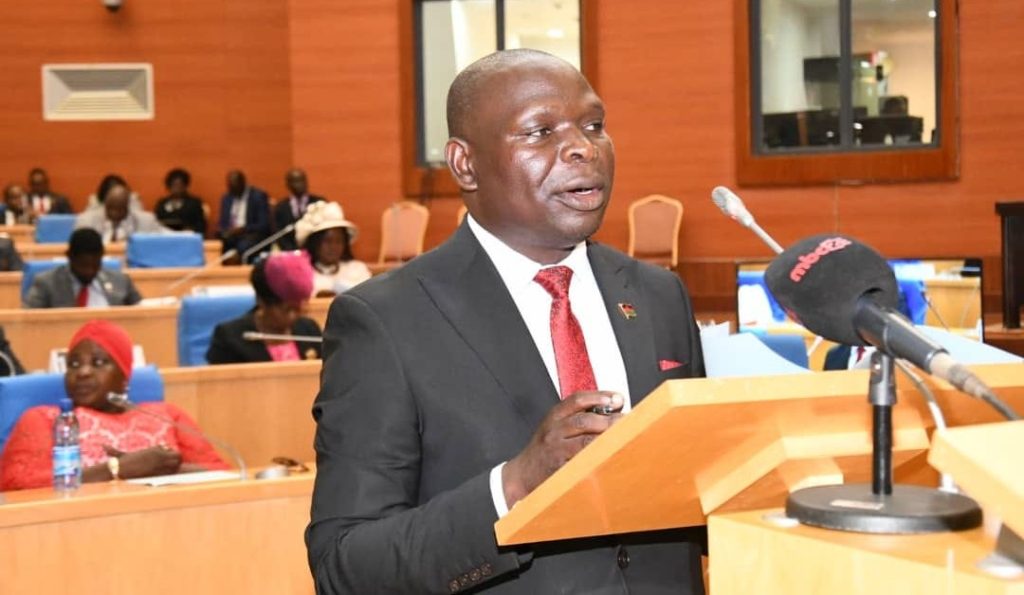MCCCI tips govt on investment, taxes
Malawi Confederation of Chambers of Commerce and Industry (MCCCI) has urged government to direct investment to the manufacturing sector and revise some taxes to protect key and emerging firms.
In its reaction to the 2024/25 National Budget Statement presented by Minister of Finance and Economic Affairs Simplex Chithyola Banda in Parliament in Lilongwe on Friday, MCCCI commended the government for creating measures to boost productivity in anchor economies.

But the private sector lobby group has cautioned that restrictive tax measures and limited investment in the manufacturing sector could undermine the budget’s goal of stimulating recovery through increased productivity.
To address the low credit extended to the private sector with Reserve Bank of Malawi (RBM) data showing it has dropped to 12.4 percent as a share of total credit, the chamber urged the government to come up with a special purpose vehicle or an industrial development fund to provide capital targeting investments in the manufacturing sector.
Reads the statement in part: “This will help to combat the unavailability of finance which is affecting investment and enhance development of the manufacturing sector which is one sector that has so much potential for value addition.”
According to the December 2023 RBM Monthly Economic Review, private sector credit to the manufacturing sector has slumped from 12.9 percent, representing a decline of 0.5 percentage point.
MCCCI has further urged the government to apply differential rates to local fruit wines by, among other measures, revising the existing tax rate from the current 95 percent to 10 percent to support this emerging industry and domestic small-scale fruit suppliers “who derive their livelihood from this market”.
“The importation of wines should be monitored and the excise rate on imported wines should remain at 95 percent,” reads the report.
The recommendations by MCCCI are in stark contrast with the measures Chithyola Banda announced in the budget statement.
The minister announced the reduction in excise tax on clear beer made from sorghum and maize from 40 percent to 20 percent to promote the use of locally sourced raw materials for production as well as promote the welfare of local farmers.
The reduced investment in the private sector has sparked concerns over the country’s capacity to use value addition and manufacturing to drive the country’s transition to a middle-income country by 2030 as envisioned in the Malawi 2063 (MW2063), the country’s long-term development strategy.
In an earlier interview, National Planning Commission director general Thomas Chataghalala Munthali, whose organisation is the key implementor of the MW2063, urged the government to engage the private sector to address the “bottlenecks they experience to bring in new investment and scaling up existing investment”.
He said: “Coupled with this is the importance of catalysing investments by the State in the strategic sectors with glaring market failures to de-risk investments and attract private investments to them.”
Some local economists say the government’s excessive borrowing from the commercial banks is limiting opportunities to direct financing to the private sector for investment.





